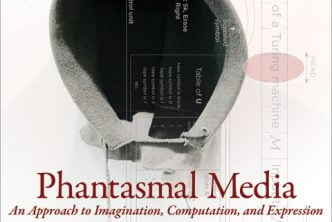The past decade has seen a surge of interest in psychedelic compounds as therapeutic medicine. Ibogaine, an indole alkaloid extracted from an endangered family of shrubs from the Central African nations of Gabon and Cameroon, is a psychedelic currently being studied for its unique therapeutic potential. It is considered to have the broadest mechanism of action of the psychedelic drugs presently known to researchers. For the past fifty years, it’s been used in small circles outside of Africa to treat severe substance use disorders, particularly with highly addictive opioids and stimulants. In the past ten years, American Special Operations Forces veterans have begun to take ibogaine to treat traumatic brain injuries (TBI). Anecdotal evidence has suggested that TBI patients can effectively manage the permanent, downstream symptoms of TBI and PTSD after one or two ibogaine treatments. Advocacy from the special operations veterans community prompted Stanford University researchers to embark on the first-ever U.S.-based clinical trial of ibogaine to treat TBI. The study, published in January 2024, further supported decades of evidence of ibogaine’s clinical potential. Yet questions remain in Western medicine about whether ibogaine’s cardiac toxicity can effectively be managed, as well as the therapeutic utility of the prolonged period of dreamlike consciousness ibogaine produces in patients. This thesis examines the cases of three patients — all United States military veterans — undergoing ibogaine therapy, exploring how the biological impacts of ibogaine, as well as their psychedelic experiences, may have saved their lives.




